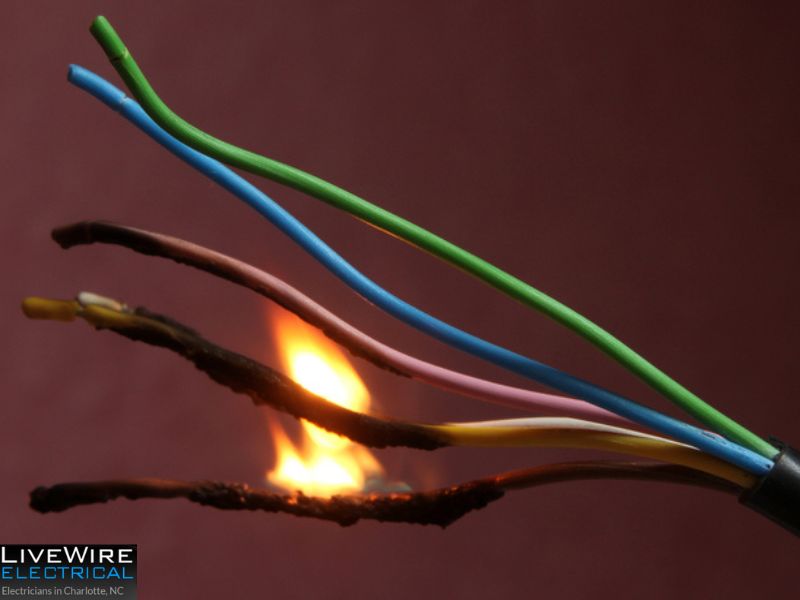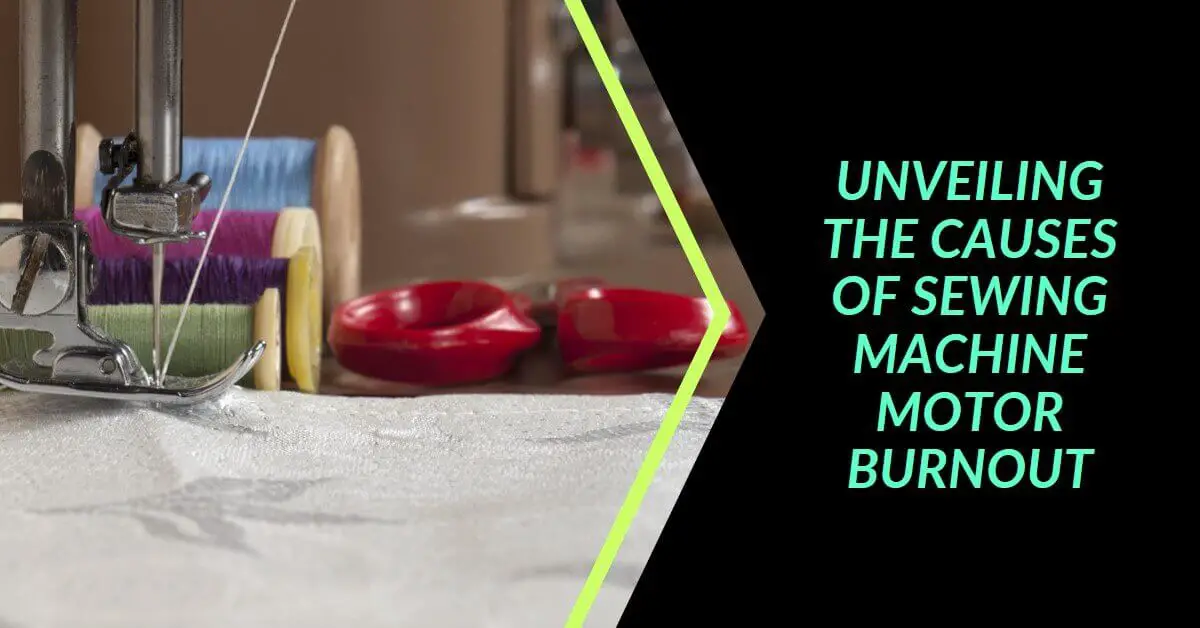A burnt smell from your heater is often caused by dust burning off heating elements. This type of odor should dissipate after the unit has been running for a while.
Heating systems can accumulate dust and debris over time, especially when not in use. When the heater is turned on, the collected dust can burn off, creating a burnt smell that may be concerning to the residents. It is important to address this issue promptly to ensure the safety and proper functioning of the heater in your home.
We will explore the common reasons why your heater may smell burnt and provide tips on how to address the issue effectively.


Credit: nailknowledge.org
The Importance Of Identifying The Smell
Recognizing The Significance
Being able to identify a burnt smell in your heater is crucial for safety.
Potential Risks Associated
- Fire Hazard: Ignoring the burnt smell may lead to a fire risk in your home.
- Health Concerns: Inhaling the fumes from a malfunctioning heater can be harmful.
- Costly Repairs: Addressing the issue promptly can prevent expensive repairs.
Reasons Behind The Burnt Smell
Have you ever noticed a burnt smell coming from your heater and wondered what could be causing it? This unpleasant odor can be a cause for concern, but understanding the reasons behind the burnt smell can help you identify and address the issue promptly.
Dust Accumulation
When your heater’s components accumulate dust over time, it can lead to a burnt odor when the heater is turned on. As the dust continues to collect on the heating elements, it gets heated up and emits a burning smell.
Overheating Components
If components within your heater are overheating, such as the motor or electrical wiring, it can produce a burning smell. This can be a sign of potential damage or malfunction within the heater that needs immediate attention.
Foreign Objects
Sometimes, foreign objects like rodents, insects, or debris can find their way into your heater, causing a burning smell when they come into contact with the hot surfaces. It is important to inspect and clean the heater regularly to prevent such incidents.
Addressing The Issue
Understanding the root cause of a burnt smell emanating from your heater is crucial for maintaining safety and functionality. Once you’ve identified the issue, it’s essential to take appropriate measures to address it promptly in order to prevent any potential hazards or damage to your heating system.
Routine Maintenance
Regular routine maintenance is essential for keeping your heater in optimal working condition and preventing any unpleasant odors. Schedule routine inspections and cleaning of your heater to ensure that all components are functioning properly and there are no signs of wear or damage.
Professional Inspection
Seeking a professional inspection from a qualified technician can help identify the source of the burnt smell, especially if routine maintenance does not resolve the issue. A technician can thoroughly assess your heater, diagnose the problem, and perform any necessary repairs or component replacements to eliminate the burnt odor.

Credit: www.livewireelectricalcharlotte.com
Preventive Measures
Preventing a burnt smell from your heater is crucial to ensure the safety and efficiency of your heating system. By taking these preventive measures, you can minimize the chances of encountering this unpleasant odor. Let’s explore some effective methods to keep your heater smelling fresh and functioning optimally.
Regular Cleanings
Regular cleaning of your heater plays a vital role in maintaining its performance and preventing any burnt smell. Over time, dust, debris, and other contaminants can accumulate in different parts of your heating system. This build-up can lead to overheating, causing a burning odor to circulate through your home. By performing regular cleanings, you can prevent these issues.
To clean your heater, follow these simple steps:
- Turn off your heater and unplug it from the power source.
- Gently remove any visible dust or debris from the exterior using a soft cloth.
- Refer to your heater’s user manual for specific instructions on cleaning the internal components.
- If necessary, use a vacuum cleaner with a brush attachment to carefully remove dirt or dust from hard-to-reach areas.
- After cleaning, reassemble the heater and ensure it is properly secured before turning it back on.
Quality Air Filters
Using high-quality air filters is another effective preventive measure to avoid a burnt smell from your heater. Air filters play a crucial role in trapping dust, allergens, and other airborne particles that can accumulate within your heating system. When these particles become trapped, they can overheat and create a burning smell.
To ensure you have quality air filters, follow these tips:
- Check the MERV (Minimum Efficiency Reporting Value) rating of the air filter. Higher ratings indicate better filtration capabilities.
- Inspect the air filter regularly and replace it according to the manufacturer’s recommendations.
- Invest in HEPA (High-Efficiency Particulate Air) filters, known for their exceptional ability to capture fine particles.
- If you or your family members suffer from allergies or respiratory conditions, consider using specialized filters designed to reduce allergens.
When To Seek Professional Help
If you notice a burnt smell coming from your heater, it’s important to seek professional help immediately. This could be a sign of a more serious issue that requires expertise to diagnose and fix, ensuring the safety of your home and family.
If you notice a burnt smell coming from your heater, it’s important to address the issue promptly. While a mild odor might be normal when you first turn on your heater after a long break, a persistent burnt smell is a sign of a serious malfunction. Ignoring this problem could lead to further damage to your heater or even pose a safety hazard in your home. In this section, we will discuss the signs of a serious malfunction and the importance of seeking timely professional help.Signs Of Serious Malfunction
Here are some signs that indicate your heater might be experiencing a serious malfunction: 1. Strong and Lingering Odor: If the burnt smell is persistent and fills your entire home, it’s a clear indication that something is wrong with your heater. This could be due to a variety of issues such as a clogged ventilation system, overheating, or mechanical failure. 2. Unusual Noises: If your heater is making strange noises like banging, grinding or screeching sounds, it could be a sign of a malfunction. These noises often indicate that there are faulty components or loose parts within the heater, which require immediate attention. 3. Reduced Heating Performance: If you notice that your heater is not providing adequate heat or is taking longer than usual to warm up your space, it could be a sign of a serious malfunction. This could be due to a variety of issues such as a faulty thermostat, blocked air filters, or a malfunctioning heating element.Importance Of Timely Intervention
It is crucial to seek professional help as soon as you detect a burnt smell coming from your heater for several reasons: 1. Safety: A persistent burnt smell could indicate a potential fire hazard or carbon monoxide leak. Ignoring the issue may jeopardize the safety of your home and your family. Professional technicians have the expertise to identify and resolve such safety risks. 2. Prevention of Further Damage: By addressing the issue promptly, you can prevent further damage to your heater. Ignoring the problem may lead to more complex and costly repairs in the future. Timely intervention can help extend the lifespan of your heater and improve its overall efficiency. 3. Peace of Mind: When you seek professional help, you can have peace of mind knowing that experts are handling the situation. They have the knowledge and experience to diagnose the problem accurately and provide appropriate solutions. This allows you to relax and enjoy a warm and safe home environment. Remember, a persistent burnt smell from your heater is not something to take lightly. If you notice any of the signs mentioned above, it’s crucial to seek professional help without delay. By doing so, you can ensure the safety of your home, prevent further damage, and enjoy uninterrupted warmth during the colder months.
Credit: www.safetyfrenzy.com
Frequently Asked Questions On Why Does My Heater Smell Burnt
Why Does My Heater Smell Burnt?
Burning smell from your heater may indicate dust or debris accumulation on the heating elements, causing them to burn off.
How Long Will The Burnt Smell From My Heater Last?
The burnt smell from a heater usually goes away within a few hours to a couple of days, depending on the intensity of the odor and the ventilation of the room.
Should I Be Worried If My Heater Smells Burnt?
While a burnt smell from a heater is common when first turning it on after a long period, if the smell persists or becomes strong, it’s advisable to have it inspected by a professional to rule out any potential issues.
Can A Dirty Air Filter Cause A Burnt Smell In My Heater?
A dirty air filter can restrict airflow and cause the heating elements to overheat, resulting in a burnt smell. Regularly replacing the air filter can help prevent this issue.
How Can I Prevent My Heater From Smelling Burnt?
To prevent a burnt smell from your heater, try having it professionally serviced annually, regularly clean or replace air filters, and ensure proper ventilation in the room where the heater is used.
Conclusion
If you experience a burnt smell coming from your heater, it’s essential to address it promptly. Ignoring the issue can lead to potential hazards and inefficiencies. Regular maintenance and professional inspections can help prevent this problem. Understanding the common causes can help you take the necessary steps to keep your heater running smoothly and odor-free.